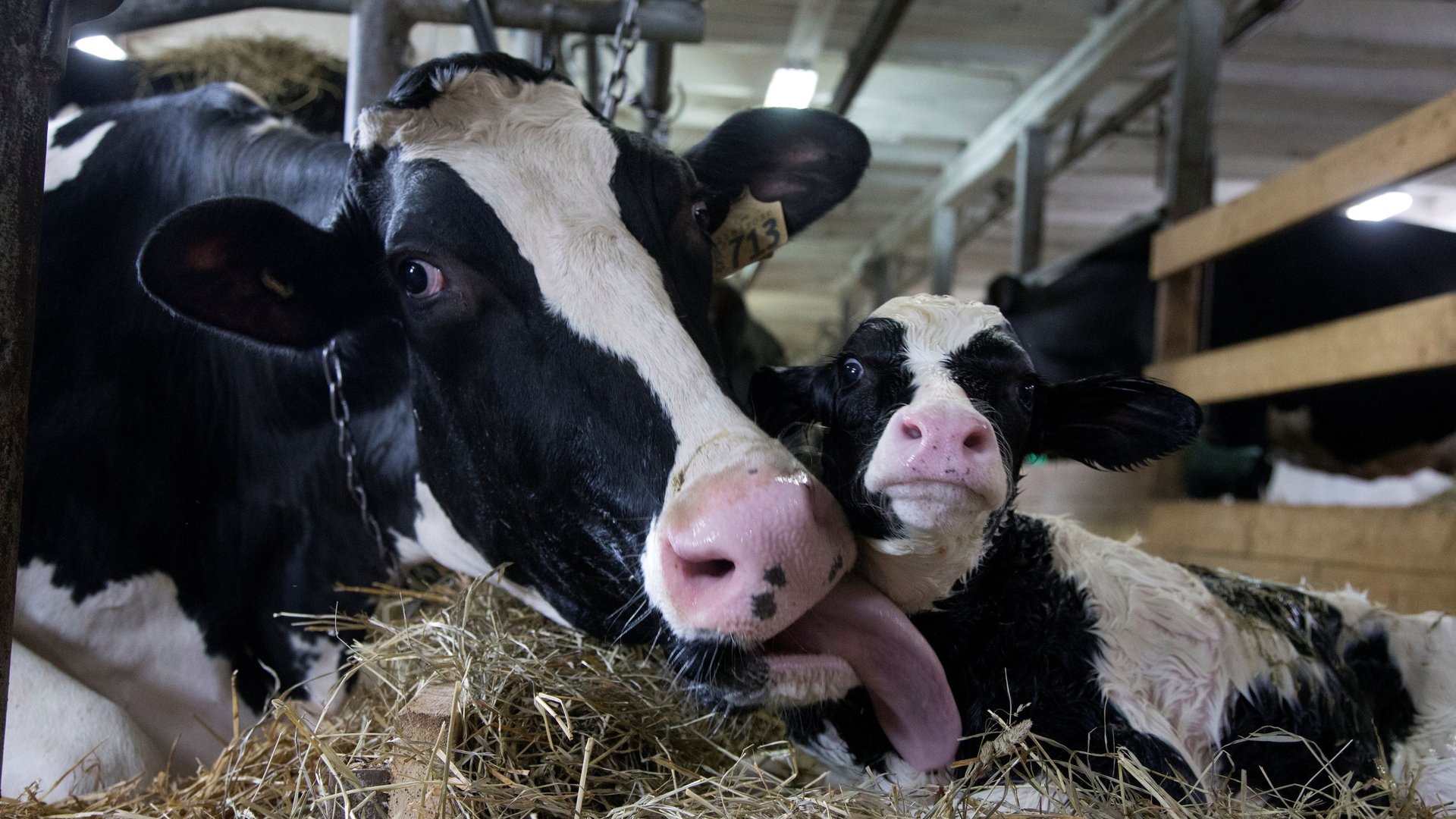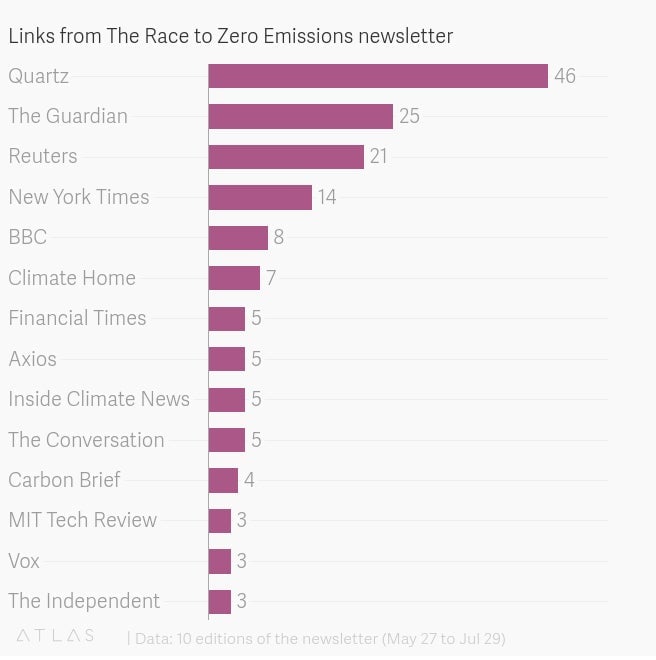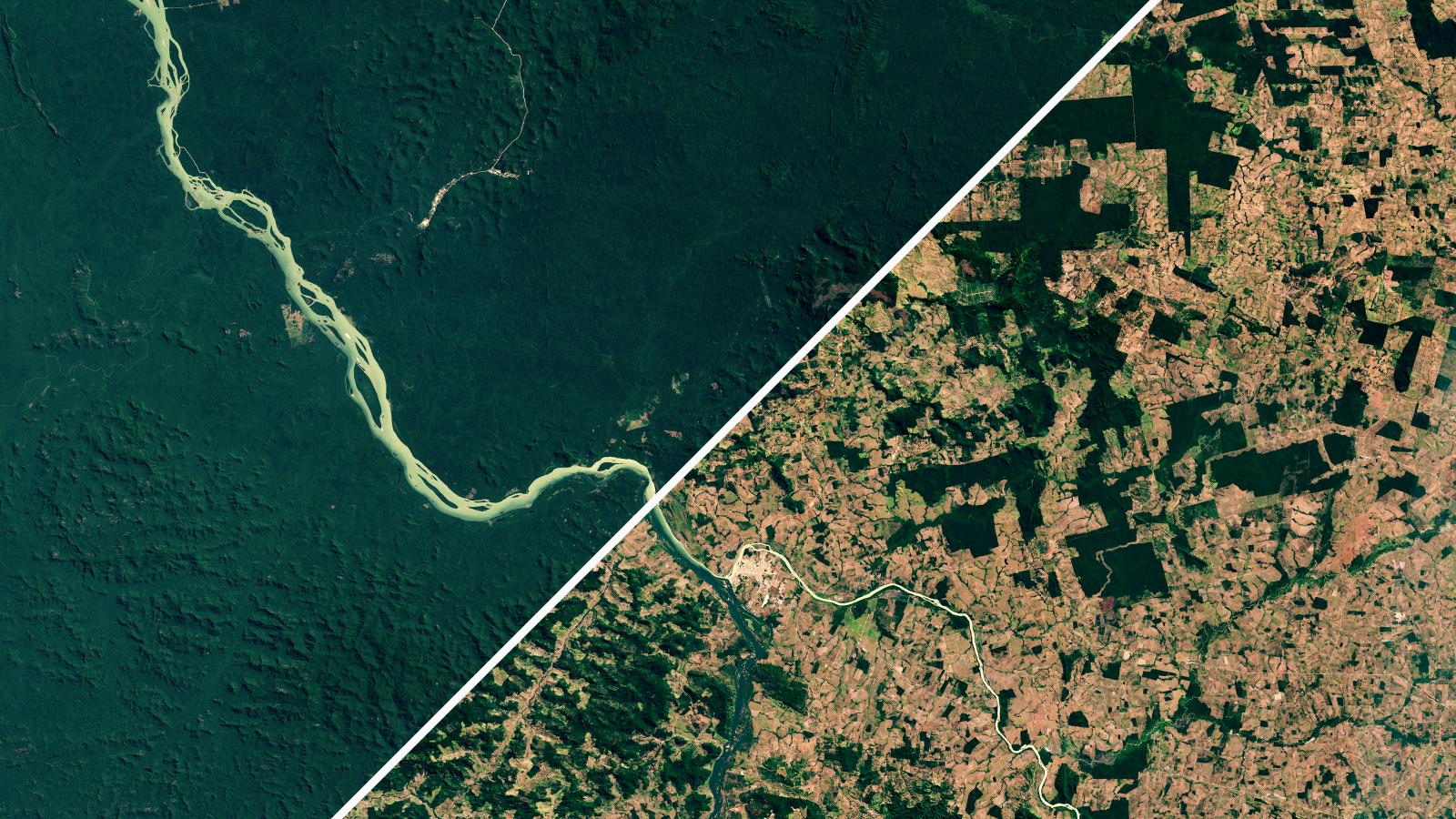The Race to Zero Emissions: DC event, Texas wind, Overshoot Day
If you’re in Washington, DC on Aug. 8, pop by the headquarters of the Atlantic Council, where David Livingston, deputy director of the think tank’s Global Energy Center, will be moderating a conversation on covering the energy transition featuring Valerie Volcovici of Reuters, Justin Worland of Time, and yours truly. There will be snacks and drinks, plus plenty of time for questions. You can RSVP here.

If you’re in Washington, DC on Aug. 8, pop by the headquarters of the Atlantic Council, where David Livingston, deputy director of the think tank’s Global Energy Center, will be moderating a conversation on covering the energy transition featuring Valerie Volcovici of Reuters, Justin Worland of Time, and yours truly. There will be snacks and drinks, plus plenty of time for questions. You can RSVP here.
Here’s what happened over the past week that helped or harmed the world’s chances to cut greenhouse-gas emissions to zero.

🔽 Decreases emissions
1️⃣ As plant-based companies like Beyond Meat get a boost from Wall Street, meat giant Cargill is being forced to take the environmental crisis more seriously. The company has committed to cutting the greenhouse-gas intensity per pound of its North American beef 30% by 2030.
2️⃣ Solar installations in 2019 are likely to exceed 100 GW for the first time. Low prices are likely to boost installations by 17.5% compared to 2018, says energy consultancy Wood Mackenzie. The countries in the driving seat: China, India, the US, Spain, Vietnam, Egypt, and the UAE.
3️⃣ Mining giant BHP will invest $400 million to start cutting emissions. The company has set a goal to reach net-zero emissions by 2050 from its own operations. It’s worth noting that BHP’s customers produce 40 times as many emissions through the products, such as coal, that they consume. (The company is an investor in Carbon Engineering, a startup that captures carbon dioxide from the air.)
4️⃣ Texas is now generating more electricity from wind than from coal. In 2003, the Lone Star state got 40% electricity from coal and 1% from wind. This year, 21% is coming from coal, and 22% from wind. While the share of natural gas in the fuel mix hasn’t changed, the sun-baked state is yet to tap into its solar potential in a big way.
5️⃣ Four major carmakers have agreed to much stricter fuel-efficiency standards in the US. Honda, Ford, BMW, and Volkswagen will make vehicles that get 51 miles per gallon by 2026—which is higher than the 37 miles per gallon that the Trump administration wants, but less than the 54.5 miles per gallon that the Obama administration asked for.
This newsletter, quantified

It’s the 10th edition of this weekly newsletter. Including this edition, I’ve served you 225 links to news and feature stories from 73 unique websites. I thought it’d be fun to do a meta analysis of what news sources provide the fodder for the newsletter.
0️⃣ Net-zero (for now)
1️⃣ Climate protests by school kids and non-violent civil disobedience by grassroots movement like Extinction Rebellion are slowly starting to find a base in India, where most people still don’t have reliable access to energy and remain apathetic to climate change.
2️⃣ The European Investment Bank has proposed an end of to fossil-fuel lending beyond 2020. Incoming European Commission president Ursula Gertrud von der Leyen wants the development bank to spend half its €80 billion ($89 billion) annual budget on “green projects.”
3️⃣ “This monument is to acknowledge that we know what is happening and what needs to be done,” reads a memorial to an Icelandic glacier installed by a team of researchers. “Only you will know if we did it.”
4️⃣ The UK is using machine learning to predict solar-power generation. Greater accuracy of these models means lower energy bills and fewer carbon emissions.
5️⃣ Climate change could soon threaten the credit worthiness of governments and corporations. “You can’t mitigate what you don’t understand,” says Moody’s global head of assessments on the purchase of Four Twenty Seven, a company that measures the impact of a range of hazards, including extreme rainfall, hurricanes, heat stress, and sea-level rise, on 2,000 companies in 196 countries.
The tale of two (climate-stricken) regions
On opposite sides of the globe, two regions are suffering the opposite problems: Fair Bluff in North Carolina is barely staying afloat after frequent and excessive floods, while villages in Thar desert in Pakistan are struggling to find enough water to survive (paywall).

🔼 Increases emissions
1️⃣ As feared, deforestation in the Amazon is accelerating under president Jair Bolsonaro. Scientists are worried that at a certain point, the Amazon could degrade into a savannah, releasing a huge amount of stored carbon.
2️⃣ Cities on the eastern coast of the US are leaking nine times as much methane from homes, or pipes going into homes, as the federal government had previously thought. Methane’s heat-trapping potential is about 30 times that of carbon dioxide.
3️⃣ Extreme temperatures—heat waves or cold snaps—fuel a dangerous climate feedback loop. To manage on unusually hot or cold days, people use more energy—which remains stubbornly tied to fossil fuels and thus add emissions. More emissions means more climate change, and thus more unusually hot or cold days.
4️⃣ Today is Earth Overshoot day, and it’s arrived three days sooner than last year. The day’s significance is that we as a species have consumed the annual resources available to us. In effect, for the rest of the year we’ll be stealing resources from future generations. What’s terrifying is that we might be underestimating the crisis.
Stats to remember
As of July 20, the concentration of carbon dioxide in the atmosphere was 409.83 ppm. A year ago, the level was 407.76 ppm. The world must aim to keep carbon dioxide concentrations below 450 ppm to avoid catastrophic climate change.
If you’d like to support my work, you can subscribe to Quartz using the promo code AKSHAT8487 at the checkout. You’ll get 50% off Quartz’s annual subscription—only $49.99 for the first year. Have a great week ahead. Please send tips to [email protected].